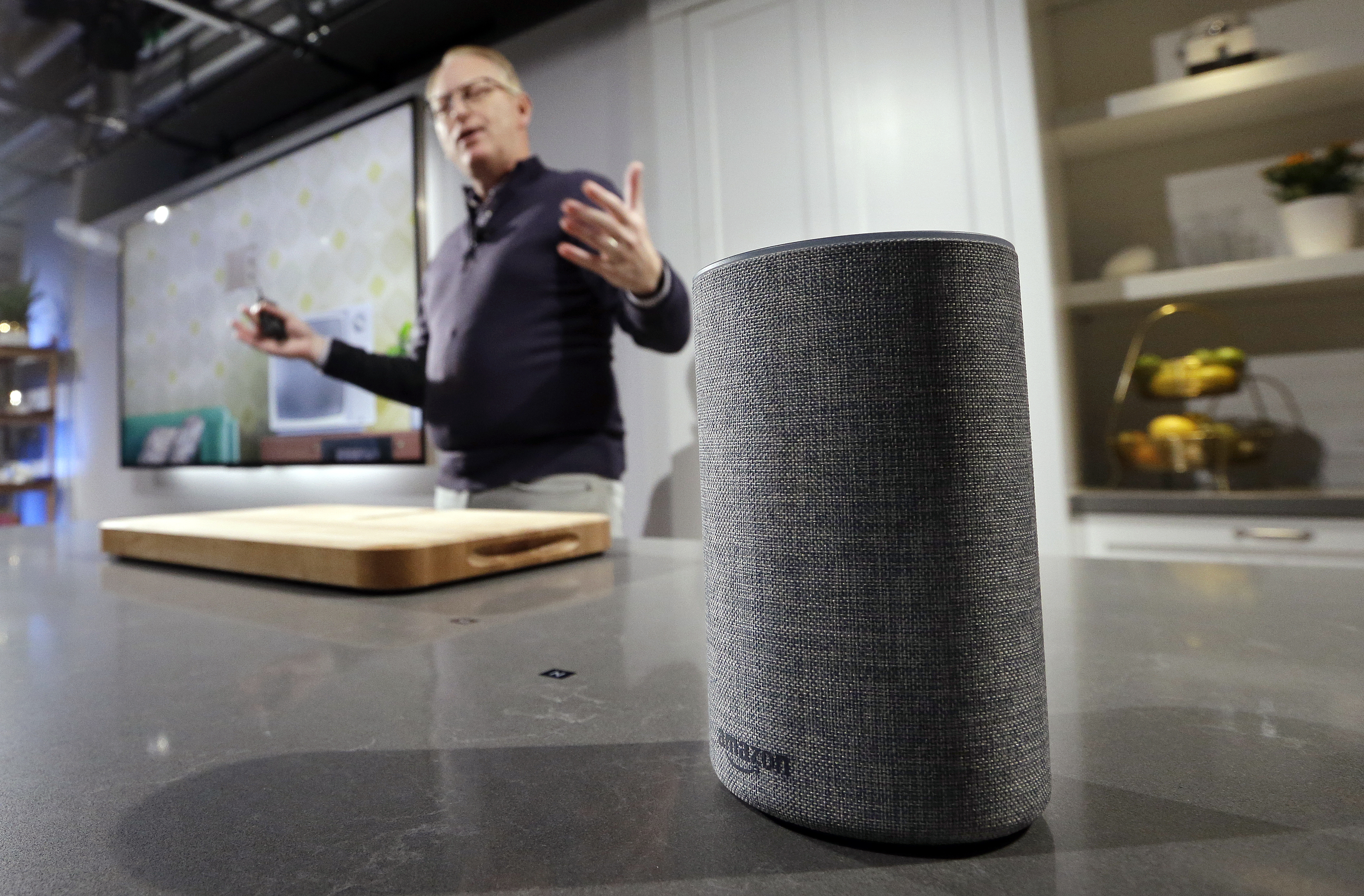- Amazon is in a better position than any other company to dominate ambient computing, the concept that everything in your life is computerized and intelligent.
- Amazon’s Alexa platform continues to get better while remaining open to third parties, unlike Apple’s Siri.
- Buying into Alexa now will future-proof your home.
Almost four years ago, New York Times tech columnist Farhad Manjoo wrote out a strategy to keep all your technology future-proof in a rapidly evolving environment.
His advice still holds up.
Use Apple hardware for your smartphone and PC. Use Google services for things like email, calendar, and maps. Buy all your digital music, movies, and TV shows from Amazon.
Of course, there are caveats to all of these suggestions, but you’ll future-proof yourself nicely by following them. Amazon’s media can (usually) play on all your devices, no matter what company makes them. Google is not only the best at digital services, it’s also platform agnostic. You don’t have to be an Android user to get the most out of Google. And Apple still makes the best phones, tablets, and PCs you can buy.
But I think it's time to add one more category to the list: ambient computing, or the concept that there can be a layer of intelligence powering everything in your home from your lights to your thermostat. Many see this as a new phase of computing where our technology works for us automatically. We're in the early days of ambient computing, but there's already a clear front-runner powering its future: Amazon Alexa.
Right now, Alexa is great at answering basic questions or playing music from streaming services like Spotify. It's also laying the foundation for an Alexa-powered smart home as more and more accessories make themselves compatible with Amazon's platform. Even better, Alexa lets you control all your smart home accessories with your voice, which is a a lot more convenient than poking around your iPhone to turn your lights on.
I gave it a try a few weeks ago, starting small by connecting most of my lighting. I bought a bunch of Wemo smart plugs for all the lamps in my apartment. (My apartment doesn't have a lot of built-in lighting, so I have lamps all over the place instead.) After setting each plug up, I fired up the Alexa app and added the Wemo skill. A few seconds later, I was able to control all my lights with my voice.
Now I'm obsessed with the idea of Amazonifying the rest of my home. I have an Apple TV, but I plan to make the change to the new Amazon Fire TV 4K instead since I can control it with Alexa. ("Alexa, play 'The Good Place' on Netflix.") Instead of a Nest camera, I'm going to buy Amazon's new security camera, which will let me beam the feed to my phone, Fire TV, or Echo Show. ("Alexa, show me what's happening in the living room.")
You get the idea.
No other platform is better poised to dominant ambient computing. It's not going to happen tomorrow, or even next year, but Amazon has done an incredible job of laying the foundation for something much more profound beyond just playing your favorite Pandora station with an Alexa command.
So what is that foundation? Here are the four key advantages that will propel Amazon to dominate ambient computing.
Alexa is everywhere
During CES this year, I was shocked at how many companies decided to integrate Alexa into their products. Toyota and Ford cars. Kholer bathtubs. Whirlpool ovens and dishwashers. And a bunch of third-party speakers.
Ambient computing needs a voice assistant to be ubiquitous in order to be successful. If you call for "Alexa" and it's not there to do what you want, it has failed. Amazon's head start getting Alexa into everything, everywhere will help it maintain its lead.
Alexa is open
Part of the reason why Alexa is showing up everywhere is because Amazon turned it into an open platform that anyone can build into. But it's not just physical appliances. Services and apps can build into Alexa, making it easy to add a layer of voice controls to their stuff.
It's the opposite approach rivals like Apple take, which is why devices like the HomePod feel like a wasted opportunity to take on Amazon's dominance. Siri is limited to Apple's own services and a few other third-party categories like messaging and to-do list apps. It's unlikely Apple will want to go against its DNA and completely open up Siri.
Amazon dominates the smart speaker market
Amazon already owns two-thirds of the smart speaker market, with Google playing catch up. It's likely going to be a two-horse race between the two companies, with Amazon consistently in the lead. The large install base of Echo and Alexa-powered smart speakers provides greater incentive for people to build into Alexa first as opposed to rivals.
Alexa keeps getting better
When the Echo first launched back in 2014, it couldn't do much more than play streaming music from Amazon and help you buy stuff from the company's online store.
You know what's coming next.
Over the years, the Echo has become immensely more powerful and capable. It can stream music from a variety of music services. You can use it to call an Uber or order a pizza from Domino's. It can even make phone calls. Amazon has done a spectacular job at improving the Echo over time. These are speakers you're likely to keep in your home for several years before replacing or upgrading them.
Buying one now guarantees you'll be ready to go for whatever Alexa learns to do next. And, more importantly, it'll make sure your technology remains future-proof.











